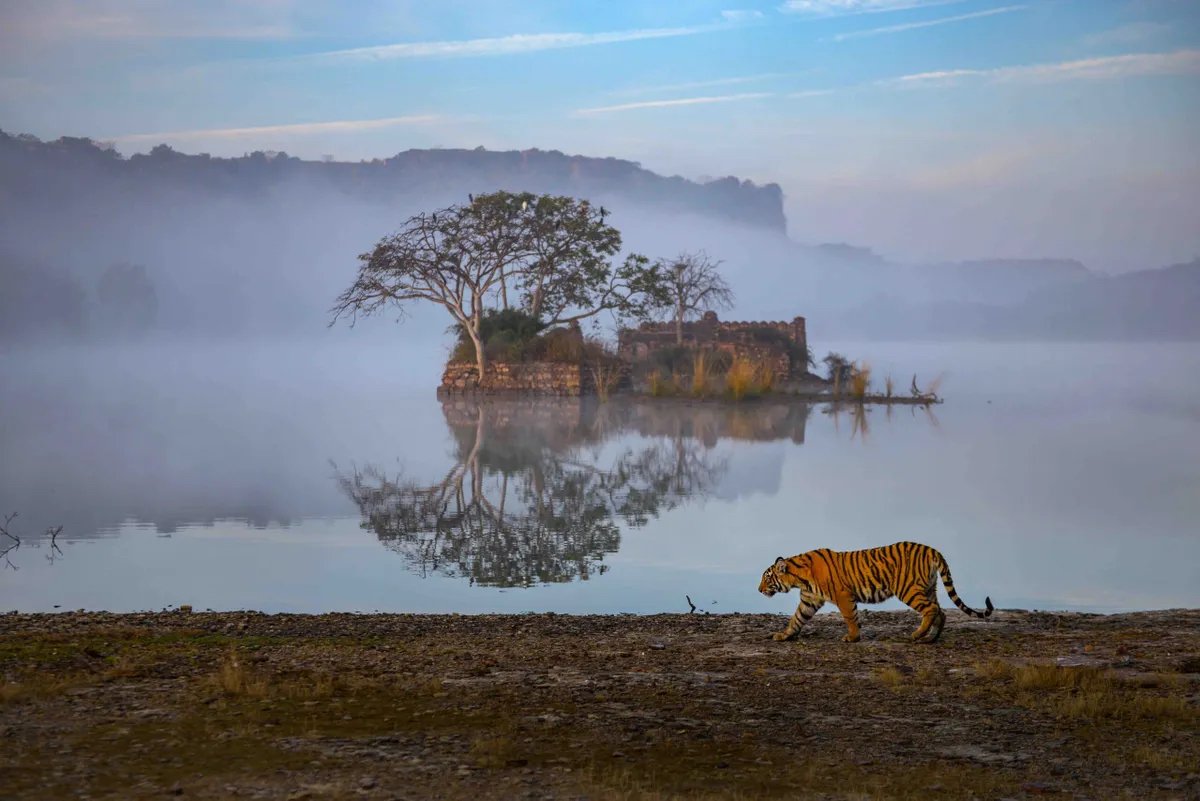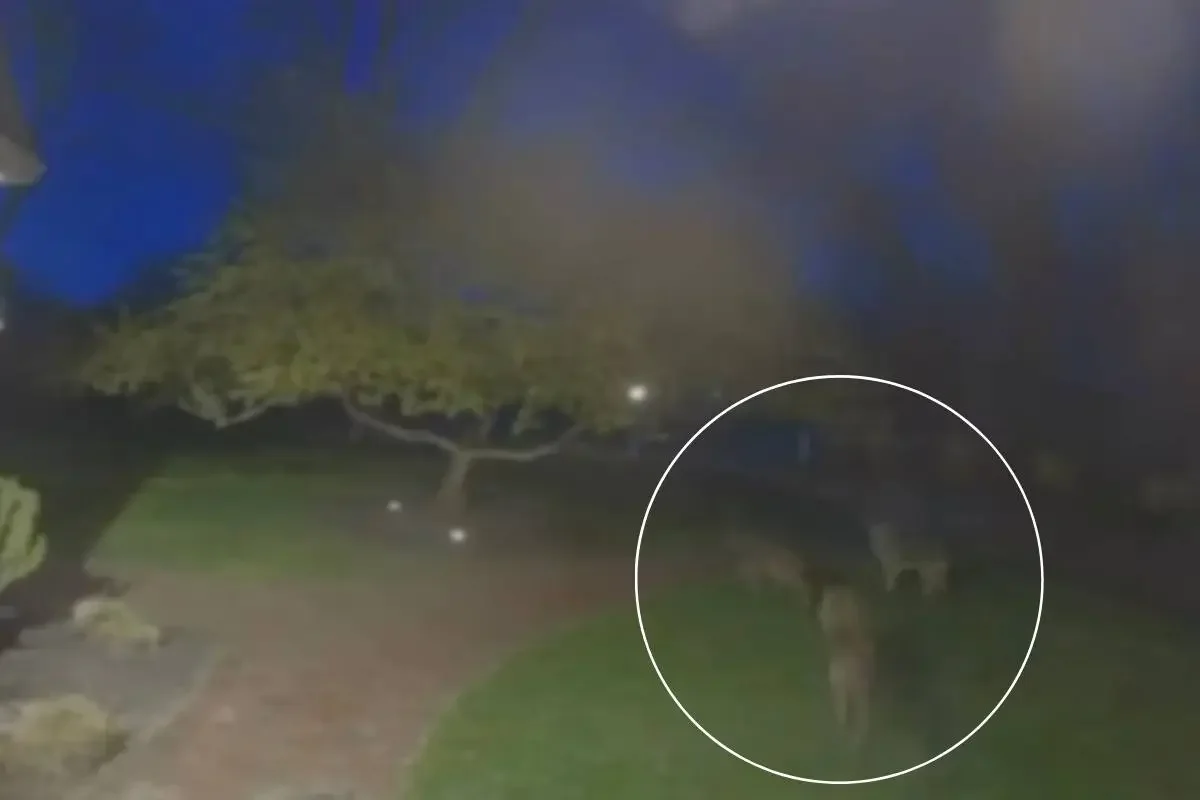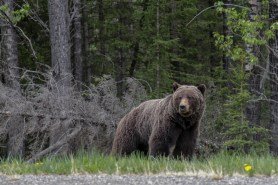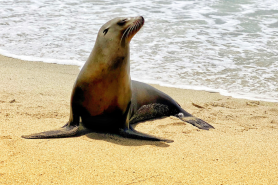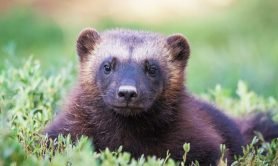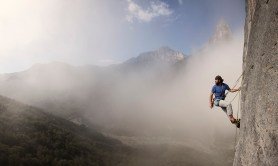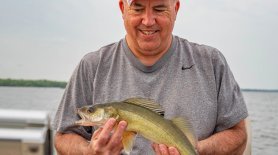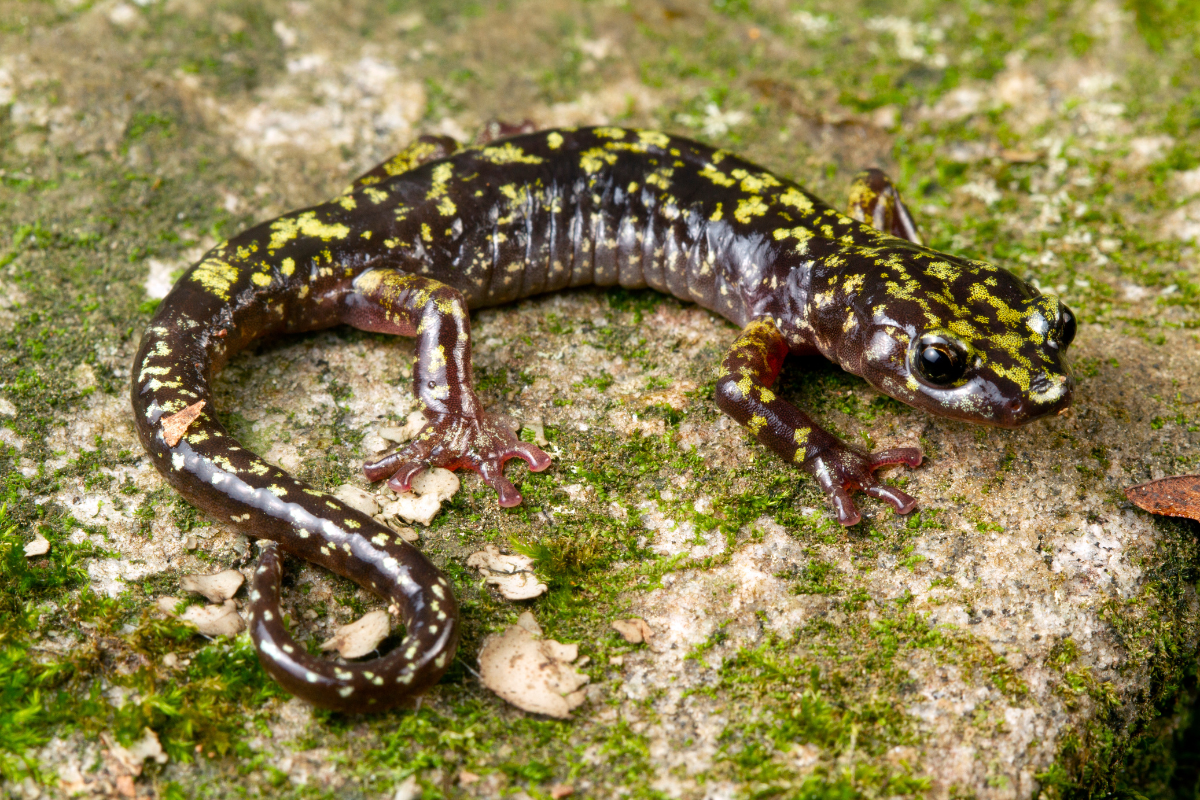

The U.S. Fish and Wildlife Service says they’re looking at adding nine animals and a plant to the Endangered Species list. Seven of those animals live in the U.S.
Officials with the USFWS came up with the list after completing a 90-day review of petitions for ten different species. Only one wasn’t recommended for further review.
Here is the official list:
Betta hendra — A colorful freshwater fish endemic to the peat swamp forests of Central Kalimantan, Indonesian Borneo.
Betta rutilans — A red-colored freshwater fish endemic to the peat swamp forests of West Kalimantan, Indonesian Borneo.
Hickory Nut Gorge green salamander — An amphibian with a dark body and bright green to yellow patches on its back. It is found in the hardwood and cove forests in Hickory Nut Gorge in western North Carolina and was first described as a unique species in 2019.
Pygmy rabbit – A small rabbit that lives in a sagebrush habitat. It is found in the Great Basin and adjacent intermountain areas of the western United States, from southeastern Oregon and southern Idaho to southwestern Montana and south-central Wyoming to northwestern Colorado and southwestern Utah, central Nevada, and eastern California.
Railroad Valley toad — One of the smallest of the western toad species with a long head and limbs and dark brown spots. It lives only in the spring-fed wetlands in the Lockes Wildlife Management Area in Nye County, Nevada.
Southern Plains bumble bee — A large black and yellow bumble bee identified by its short hair, short head and typically yellow coloring between the head and thorax, between the wings. The species inhabits open prairies, meadows and grasslands of the Midwest, mid-Atlantic states, and the Plains states from Texas to North Dakota, as well as to the grasslands and pine savannas of Florida and the southeast.
Southwest spring firefly —A terrestrial invertebrate native to Arizona and associated with riparian and wetland habitats. Primary threats to fireflies include potential habitat destruction from alteration or loss of ground and surface water flows, livestock grazing, mining, effects from climate change, and light pollution.
White-margined penstemon — A rare perennial plant restricted to the Mojave Desert, with four disjunct populations in southeastern California, southern Nevada, and northwestern Arizona. It is 15-35 cm tall, with smooth stems and pink to purple petals.
Yellow-spotted woodland salamander — A large, slender salamander with a gray-brown body and two rows of yellow spots along its back. It inhabits steep shale and sandstone outcroppings along the Appalachian Plateau in Kentucky, Tennessee, Virginia and West Virginia.
Next, each species will get an official status review, determining where the species stands.
The one animal that didn’t make the cut is the eastern hellbender.
